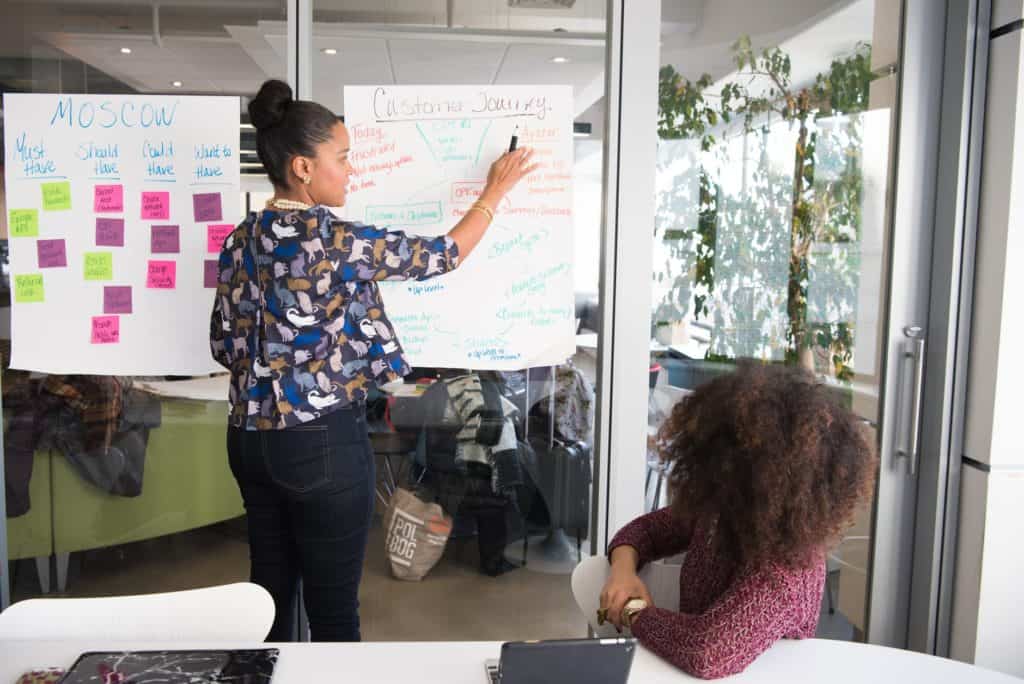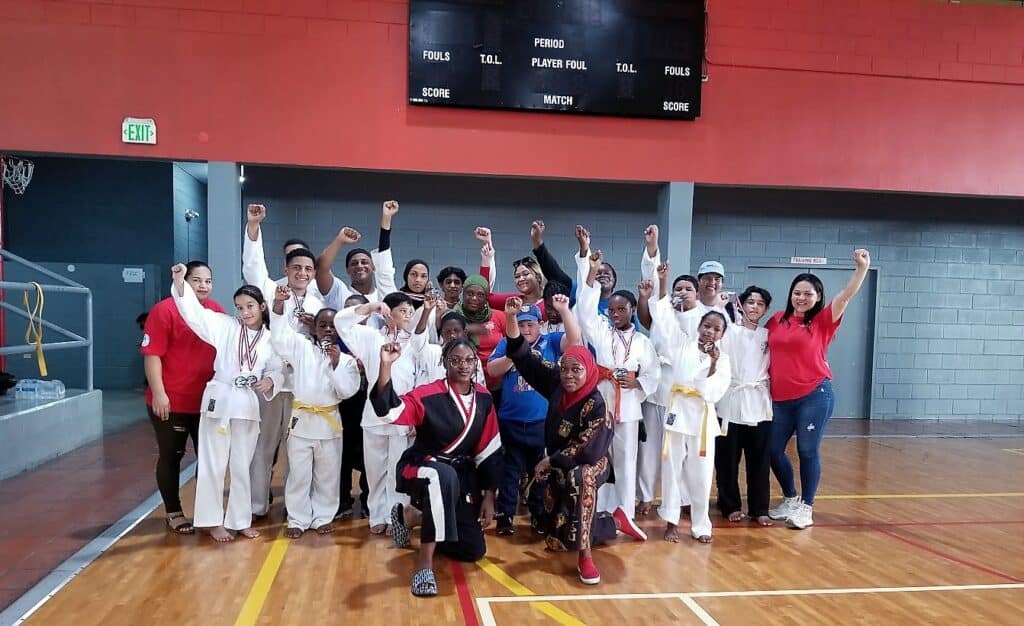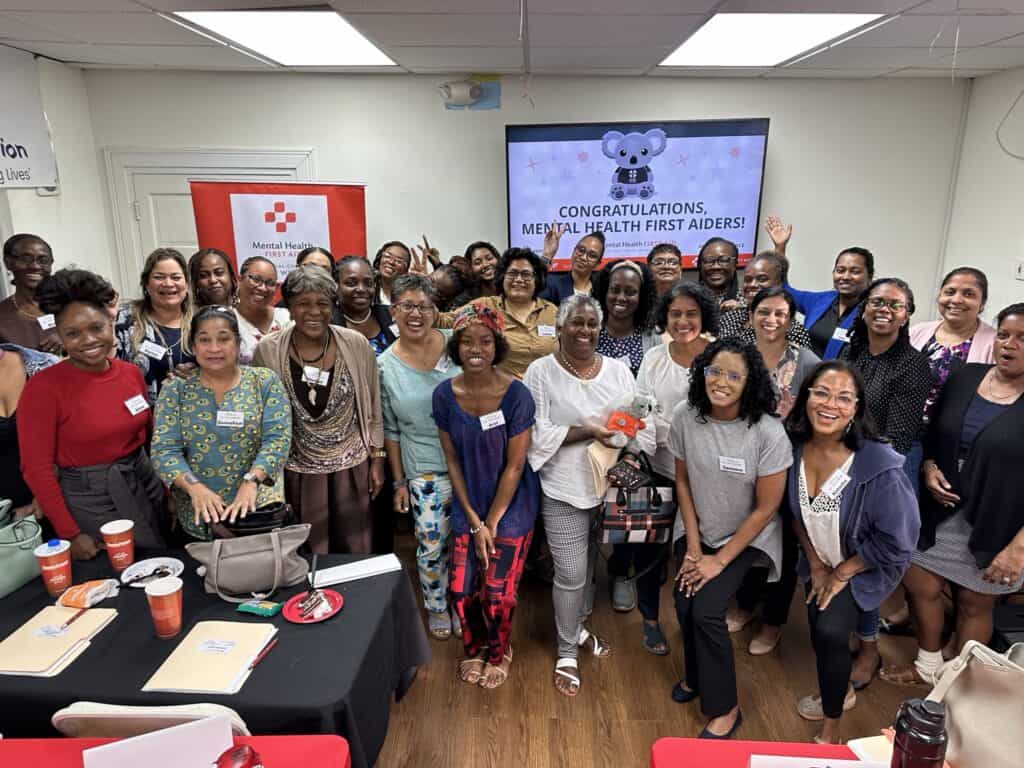
Project Management: Significant support to NGOs
NGOs provide essential services to the residents of Trinidad and Tobago and contribute greatly to the country’s development. Almost all NGO services are implemented in the form of projects. And like all projects, some are successful, and some are not. But almost all could have benefited from project management expertise. Why is this? Think about one successful project that you know. Think about one project that did not go well at all. What caused such different results? Was it the level of experience of the Volunteers on whom NGOs rely for their services? Or was it the nature of the projects? The answer is that projects are complex and require the support of proper project management principles and tools. After all, project management is a profession in its own right.
The first fundamental of Project Management is to “identify”. Before a project is even planned, its purpose or value – and whether it should be undertaken or not – needs deep assessment. In this context, the Project Management Book of Knowledge (PMBOK), Seventh Edition (2021), provides some useful definitions:
- an outcome is the end result or consequence of a process or project. Outcomes focus on the benefits and value that the project was undertaken to deliver
- a project is a temporary endeavour undertaken to create a unique product, service, or result. The temporary nature of projects indicate a defined beginning and end.
- project management is the application of knowledge, skills, tools, and techniques to project activities to meet project requirements such that project work delivers the intended outcomes.
By their very purpose, NGOs strive to achieve significant socio-economic and educational outcomes with limited Volunteers, limited funding, limited access to professional bodies, and sometimes even limited understanding of all the factors governing or impacting what they are trying to achieve. In addition, NGOs serve the general public, and need the support of several differing groups of stakeholders, many with differing agendas. This all adds to complexity, and if value is to be created and sustainable success achieved, it is essential to conceptualise the desires of the NGO into projects with defined and realistic outcomes, supported by expertise in project planning and management.
Project Management cannot be explained in one “listicle”, but there are some fundamental questions under “Identify” that NGOs should consider even before projectisation. The answers to these questions will assist the NGO to conceptualise and implement a successful project and achieve desired results more efficiently and cost- effectively. These are:
- Identify the outcome – what precisely is the NGO trying to achieve. Why?
- Identify the customers – who will benefit from this project? Why? How? When? Where?
- Identify the value – what value contribution does this project really make? Is the impact high, medium, low? How do you judge impact and value? How does this impact national development? If it does not, should it?
- Identify the stakeholders – who are the key stakeholders? How do they influence/or are impacted by the value proposition? Are they likely to support this project? In what ways? Can they derail the project? In what ways?
- Identify risks and challenges – who or what will be impacted if this project fails? What are the risks and likely challenges? Are these risks acceptable? Can we mitigate against the risks? How can we work around the challenges?
- Project or no project – is the value sufficiently important for us to implement a project? Do we have the resources and expertise? How can we source these? Who can we appoint as our internal project lead? Is this worth pursing?
Undertaking any project is difficult, emotional, risky, time consuming, costly, and expensive. Therefore, it is important to critically assess “value” and how to make the project a success, even before undertaking the project. If a worthwhile project emerges, the answers to these questions will shape the project and focus its boundaries within current realities. It is important that the responses/ dissentions/ risks and challenges be fully explored and documented so that the NGO has a clear reference assessment for strategic, funding, resourcing and other operational decision making.
Remember though that these questions only answer the “value” proposition. There is still project planning, project management, project teaming and a host of other areas that must come together to make project success. There is no shortcut. Projects are complex and require qualified and experienced project managers and other professional assistance to collate, direct, and manage your team of Volunteers, as well as assess project risk and take mitigation action along the journey. Such assistance will go a long way to achieve an NGO’s mission and goals in a more efficient and cost effective manner. Such expertise can also be used to transfer knowledge to the NGOs Volunteer team so that they can more easily and readily apply the project management principles and tools to the next projects.
Recognising the critical importance of project management at the start will go a long way in assisting the NGO to achieve its country development goals, sustainably. This will truly be to the country’s benefit.
Cassandra Ramkerrysingh, MPA, BSc, PMP
Vice President, Volunteers and Special Events, Project Management Institute Southern Caribbean Chapter (PMISCC)






